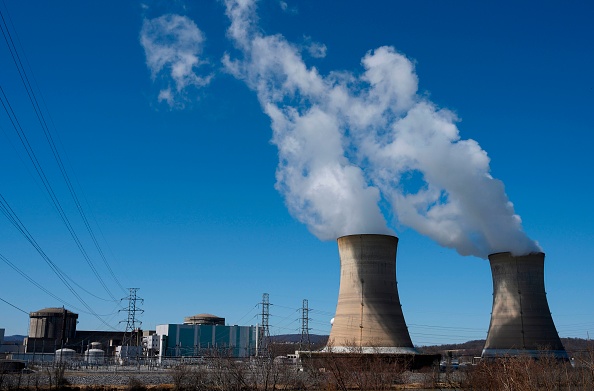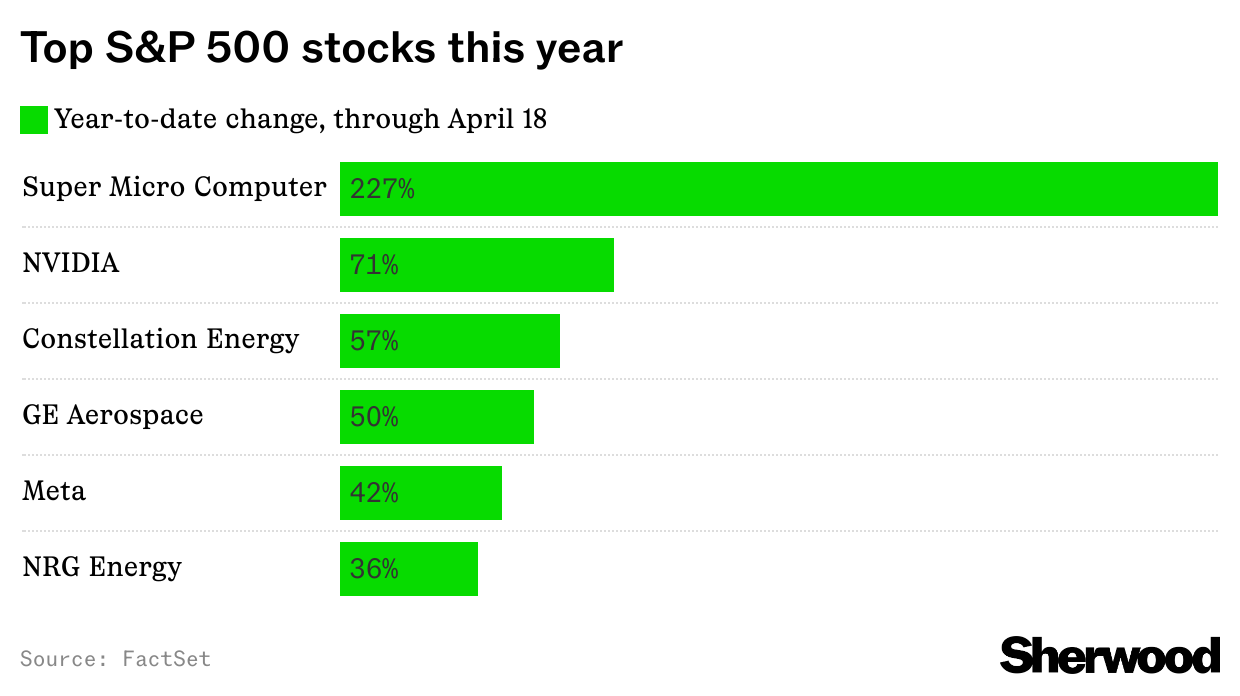Hey Snackers,
First, we had sold-out "flights to nowhere." Then, we had pop-up restaurants in planes. Now, airline meals have invaded grocery stores. In the 2020 simulation, people miss plane food.
The stock market dipped over the week as lawmakers tried and failed (again) to agree on a 2nd stimulus deal. Investors are losing hope for pre-election aid.
On the pod: Redfin is enjoying “absolutely insane” housing demand thanks to record low interest rates. Tune in to hear why the housing recovery is K-shaped.
Guac
Chipotle reels in record sales, but takes a profit hit on delivery
Guac dirty to me... So extra. Chipotle's sales jumped 14% from last year to a quarterly record of $1.6B. Digital orders were the steak in Chipotle's earnings bowl, taking the limelight as we got guac all over our WFH laptops:
- Digital sales more than tripled, helping offset lost traffic from depressed restaurant dining.
- Online orders made up nearly half of the burrito legend's total sales. Despite the e-win and record sales, Chipotle stock fell because profit took a hit.
Dude, where's my carne?... ETA for your asada is 15 minutes, but Chipotle would rather you pick it up instead. About half of Chipotle’s digital customers chose delivery last quarter (instead of take-out or drive-thru) — that boosted costs and hurt profit:
- Profit fell 19%, partly because of delivery costs. Food delivery companies often charge restaurants double-digit commissions on orders.
- Chipotle says that the delivery fees it charges don’t fully cover the commissions it pays to partners like DoorDash and Grubhub.
Delivery success doesn't always deliver... Chipotle would've been better off if people only did drive-thru and/or pick-up. It's not in Chipotle's interest to go full-ghost kitchen (delivery only). That's why it opened 44 new restaurants last quarter, 26 of which include digital-order drive-thru lanes (aka Chipotlanes). Investment in take-out/drive-thru could be the secret salsa to fast-casual's pandemic profits.
Highs
Who's up...
Anime filter was a hit... Snap stock soared 55% for the week to a record high after the little ghost reported expectation-smashing earnings. Sales shot up 52% as advertisers started spending again, compared to growth of 17% in the previous quarter — you probably noticed more ads between "Kylie sizzles in red" and "Is your dog depressed?" Daily users grew 18% to 249M (but Snap still isn't profitable). Earnings were boosted by the FB ad boycott and India's TikTok ban. TBD if Snap can keep up the lucky growth.
Fridge is Truly stocked... Sam Adams-maker Boston Beer Company saw its stock soar 15% for the week to a record high on truly refreshing earnings. Boston Beer raised its financial forecast for the year, mostly thanks to the success of its Truly hard seltzer. Sales of Sam Adams and Dogfish Head fell, but growth of non-beer brands Truly and Twisted Tea helped offset those losses. With the big buzz around seltzers and teas, Boston Beer should probably rebrand to 'Boston Booze.'
Lows
...and who's down
Call Emily in Paris... Netflix needs some cheering up. The stream-icon added a disappointing 2.2M subscribers in its third quarter, compared to 10M in Q2 and 16M in Q3. Netflix stock fell 8% on the slumping growth. The subscriber boom from the first half of the year is over: Netflix added just 180K subscribers in the US and Canada because subscripturation (aka: subscription saturation) is real. Now the Flix is looking to emerging markets like India for its next 100M subs — customers in the Asia-Pacific region made up 46% of all new Flixers last quarter.
Not the Lays kind... Intel stock dropped 11% for the week after the famous chip-maker revealed not-so-chipper results for its data center unit. Sales of data-storing/processing hardware to companies and governments plunged 47% after two quarters of growth over 30%. Chip sales are booming, but customers don't want Intel's pricier ones — so it sold more "cheap" chips, driving down profit despite higher volumes. Intel beat earnings expectations, but investors were bitter about the data dip.
What else we’re Snackin’
- Work: 7 side hustles you can start from your couch — because where else would we be?
- Sweat: How to make the most of the fall running season and stay motivated even when it's cold and dark out.
- Learn: 9 secret shortcuts of people who are good at everyday math (so you don't have to pull your phone out for the tip).
- Think: Are we trading joy for modern comforts? Why happiness has fallen even though Americans have grown richer.
- Live: 3 simple hacks to help you safeguard your most valuable commodity, time — burst working FTW.
- Chill: How to make "pandemic winter" not totally suck, according to psychologists. Step one: don't focus on yourself.
🍪 Thanks for Snacking with us! Want to start getting Snacks daily? Sign up here for our daily market newsletter.
This Week
- Monday: Earnings expected from Hasbro, Beyond Meat, Twilio, and Chegg
- Tuesday: Earnings expected from Microsoft, Pfizer, and 3M
- Wednesday: Earnings expected from Pinterest, Etsy, Mastercard, Boeing, Gilead, and Ford
- Thursday: Weekly jobless claims. Earnings expected from Apple, Amazon, Google, Facebook, Shopify, and Starbucks
- Friday: Earnings expected from Exxon, Chevron, and Under Armour
Disclosure: Authors of this Snacks own shares of Snap
ID: 1383559
.png)

